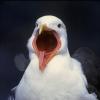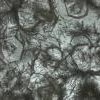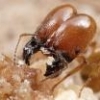I am just starting this hobby, and don't really know how to identify what species any ants are. I see ants canada videos where he can just see an ant on the street and be like "Oh yeah, that's a Lasius Niger worker" or something. Does anyone know any good resources where I can learn to identify all of the species that live in my area like that? I live near seattle.
Edited by YawningGull, July 26 2016 - 3:10 PM.





















